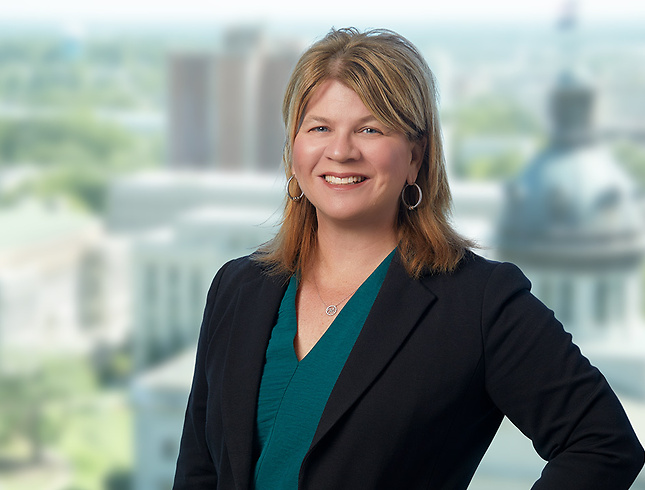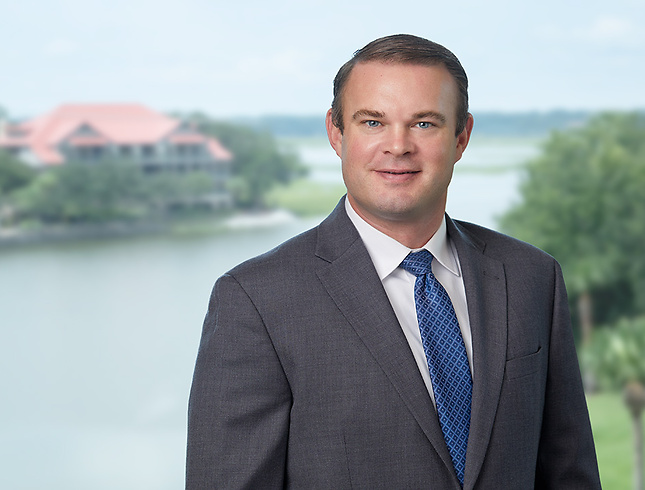The United States is facing a monumental physician shortage. According to The Washington Post, our aging population may need as many as 90,000 additional physicians by 2025.
In an effort to ameliorate the problem and combat the shortage of physicians in Medically Underserved (MUA) and Health Professional Shortage Areas (HPSA), Congress passed the Conrad 30 Program. Conrad 30 makes it easier for foreign nationals with foreign medical degrees, also known as foreign medical graduates (FMG), to stay and work in the United States after completing their medical residency.
Every year, hundreds of FMGs come to the United States to begin their medical residency in J-1 visa status. As part of that status, FMGs are subject to a home residency requirement. The home residency requirement requires them to return to their home country for two years after their residency before being eligible to obtain a work visa in the United States.
Enter Conrad 30. Conrad 30 allows medical providers in an MUA or HPSA seeking to employ a FMG to obtain a recommendation from the state health department in support of a waiver of the home residency requirement.
Each state is allotted 30 waivers per year, and the requirements for each state may vary. In order to obtain a waiver, the FMG must agree to work for their sponsor in an MUA or HPSA for at least 40 hours per week for a three-year period.
As part of the 30 annual waivers, the state health department can designate ten waivers as "Flex Slots". Flex Slots allow health care providers that are not located in an MUA or HPSA to apply for a waiver, as long as the FMG will serve residents in neighboring underserved communities.
Once the waiver is approved, the FMG can apply for H-1B status and remain in the United States to work.
The Conrad 30 fiscal year begins on October 1st, meaning state health departments begin accepting waiver applications on that date. Employers, however, can generally begin reserving the waiver slots now. Timing is important because medical residencies generally end in June, and the FMG must obtain the waiver from USCIS before applying for the work visa.
Although Conrad 30 only requires the FMG to work for their sponsor for three years, sponsorship can put the FMG on a track to permanent residency (commonly known as a green card). In order to obtain permanent residency, the foreign physician's employer can file a Permanent Labor Certification (PERM) with the Department of Labor. As a general rule, the PERM process requires a showing that there are no other minimally qualified United States applicants for the position.
If the foreign physician agrees to work in the MUA or HPSA for five years, including the three years under the Conrad 30 Program, the foreign physician may also qualify for a National Interest Waiver or NIW petition and may be able to obtain permanent residency after a five year service period.
There is also a bill currently before Congress that would exempt NIW physicians from the lengthy green card back logs. If it becomes law, the bill would allow NIW physicians from India and China to avoid substantial green card backlogs which currently can delay green card approval for many years.
The Conrad 30 and/or green card sponsorship can be an attractive marketing option for foreign physicians interested in working in an MUA or HPSA and looking for a long term strategy to remain in the U.S.
- Partner
Melissa Azallion Kenny is the Chair of the firm’s Immigration practice group. She has more than 20 years of experience advising clients on business immigration and labor and employment law issues. Ms. Kenny represents clients in ...
- Partner
Jon Eggert has experience assisting and advising clients on business immigration and labor and employment issues in a wide range of industries, including higher education, healthcare, hospitality, and manufacturing.
His ...


